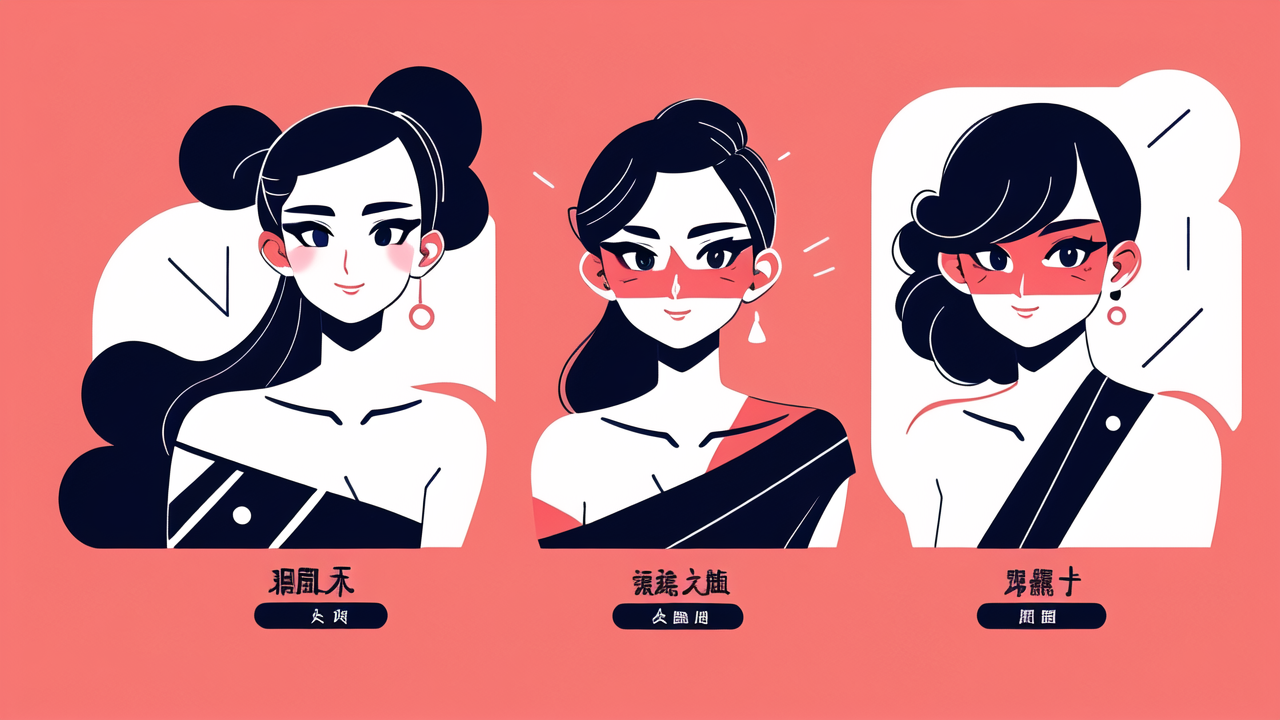Understanding the Shift in Consumer Demand for Beauty Products
Assessing the Growth of Eco-Friendly and Sustainable Options
In recent years, beauty consumers in Hong Kong and China are increasingly eco-conscious. They seek products that align with a sustainable lifestyle. The cosmetic industry is responding with a surge in eco-friendly options. Such products feature biodegradable packaging, natural ingredients, and cruelty-free testing. Brands are also reducing their carbon footprint through green manufacturing processes. This shift isn’t just a trend; it reflects a deep-rooted desire for responsibility towards the planet.

The Rising Popularity of Digital and Innovative Beauty Solutions
The beauty landscape is rapidly evolving with digital technology. Beauty brands are now harnessing the latest innovations to meet consumer demands. This includes virtual try-ons powered by augmented reality (AR), personalized skincare apps using artificial intelligence (AI), and online platforms that deliver a tailored shopping experience.
In China and Hong Kong, tech-savvy consumers are driving the demand for these digital beauty solutions. This has led to a surge in app-based skin analyses and customized product recommendations. E-commerce livestreams are also a hit. Here, influencers showcase products in real-time, further blending technology with beauty.
The future looks bright for tech in beauty. It is changing how consumers discover, try, and buy products. For brands to stay ahead, investing in digital innovation is key. It's not just about selling products anymore, but offering a unique digital journey.
Adapting to the Changing Dynamics of Hong Kong's Consumer Market
Hong Kong's beauty industry faces a dynamic shift. Consumer habits are quickly changing. A new focus on online shopping and high-tech products is evident. Many shoppers now seek sustainable and bespoke beauty options. Brands must adapt to these trends to stay relevant. They have to offer more than just quality — experience matters too. Hong Kong's beauty market is becoming more competitive. It demands innovation, agility, and customer-centric approaches. Companies are using data analysis to understand customer needs. They are launching new products that meet these changing demands. The right strategy can turn these market shifts into opportunities.
Leveraging Technology for Cosmetic Industry Innovations
The Role of AI and AR in Beauty Product Development
In the cosmopolitan markets of Hong Kong and China, AI and AR are redefining beauty. These technologies help brands create personalized products. AI can analyze skin types and needs. AR lets customers try products virtually. Such tools attract tech-savvy buyers. They make shopping for beauty products exciting and personalized. Brands using these tools are gaining an edge in the market. They offer shopping experiences that match modern expectations.
Breakthroughs in Skincare Formulations and Delivery Methods
The skincare sector within Hong Kong and China's cosmetic industry has seen major advancements. New formulas are more effective and safer for the skin. They use nanotechnology and bio-fermentation. These methods allow active ingredients to penetrate deeper. They work better this way. Skin patches and high-tech applicators are also new. They make it easy to apply products. This technology also ensures that skin gets the right amount of product. These changes meet the demand for high-quality skincare. Consumers in Hong Kong and China want products that give real results. Brands are using this tech to stand out. And, it lets them offer customized skincare options.
Harnessing the Power of Social Media and Influencer Marketing
- Influencers shape beauty trends with wide reach on platforms like Instagram and Weibo.
- Product reviews and tutorials by influencers help brands to gain consumer trust.
- Brands collaborate with influencers for targeted campaigns, enhancing brand visibility.
- Social media analytics assist in understanding consumer preferences and behaviours.
- Virtual try-on tools increase engagement and allow for personalization in marketing.
- User-generated content and hashtags on social media amplify brand message and loyalty.
- Influencer-led product co-creation adds authenticity and drives innovation in the industry.
The Impact of Regulatory Changes on the Cosmetic Industry
Navigating Hong Kong's Beauty Regulations: Challenges and Opportunities
The beauty industry in Hong Kong is currently facing a period of regulatory upheaval. This evolution of rules presents various challenges, yet also unveils opportunities for businesses ready to adapt. For instance, new regulations push companies towards transparency in ingredient sourcing and production practices, which can be a struggle for some. On the other hand, such changes also open doors to markets that value product safety and ethics, providing a competitive edge. To navigate these waters, brands need to stay updated with policy changes, invest in legal advice, and adjust their strategies accordingly. Those who embrace change may find that the new regulations can actually serve as a catalyst for innovation and growth in the dynamic Hong Kong cosmetic market.
Comprehending China's Cosmetic Industry Landscape and Market Trends
China's beauty landscape is vast and fast-evolving. Key trends include preference for local brands and nature-inspired products. Growth in tech-savvy consumers drives demand for digital experiences. These trends shape market dynamics, influencing company strategies. Companies must monitor such trends to stay competitive in China's market.
Ensuring Compliance in a Competitive Environment
The cosmetic industry in Hong Kong and China faces strict regulations. Firms must stay updated on laws. It's crucial for business success and consumer safety. Compliance ensures access to these vast markets. Firms use experts and software to manage regulatory demands. This approach helps maintain competitive edge in the beauty sector.


